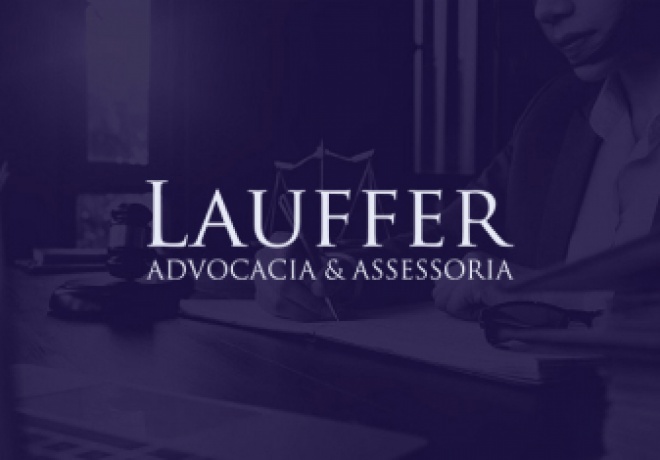O Supremo Tribunal Federal – STF pronunciou-se recentemente sobre a validade de multas tributárias cujo valor mostra-se excessivo. Nestas decisões (AgReg no RE 833.106/GO, AgReg no AI nº 727.872/RS) os Ministros que integram a 1ª Turma manifestaram-se expressamente sobre os efeitos confiscatórios das multas tributárias.
A Constituição Federal de 1988 proíbe que os Entes tributantes exijam tributos que produzam “efeitos confiscatórios”. Já resta pacificado o entendimento de que tal proibição se aplica, também, às multas tributárias. A questão jurídica mais delicada é a de saber o limite a partir do qual estaria caracterizado o caráter confiscatório da multa. Seria possível, por exemplo, definir sempre de antemão (a priori) um valor que se considera confiscatório? Ou será que somente é possível definir caso a caso (a posteriori) a natureza confiscatória de determinado tributo ou da multa (dadas as condições de cada um)?
Neste contexto, o STF debate o tema há anos. Até então, muitas decisões deixavam de analisar o argumento dos contribuintes sob a alegação de que envolveria matéria fática, o que impediria que a Corte se manifestasse. Entretanto, duas decisões recentes ultrapassaram esta “barreira” e definiram parâmetros bastante claros quanto aos efeitos confiscatórios envolvendo multas tributárias, deixando registrado que é função do STF analisar e definir se determinada exigência tributária possui ou não efeitos confiscatórios, sob pena de esvaziar-se a competência do Tribunal.
Em um dos casos, o STF entendeu que uma multa punitiva de 120% sobre o ICMS não pago, mostra-se inconstitucional. Restou assentado que a multa não pode ter valor superior ao do tributo exigido e decidiu-se por reduzir a multa de 120% para 100%.
Em outro julgamento, os Ministros do STF entenderam que a multa moratória (aquela imposta ao contribuinte que recolhe de forma impontual o tributo) não pode ser superior a 20% (vinte por cento). No seu julgamento, fixou claramente a distinção entre as espécies de multas moratórias e multas punitivas, bem como os patamares a partir dos quais configurar-se-ia o efeito confiscatório. No caso concreto, reduziu-se a multa moratória de 30% para 20%, em atenção ao referido princípio do não-confisco.
O tema certamente terá desdobramentos e será amplamente debatido. Entretanto, os contribuintes já contam com entendimento absolutamente objetivo e claro dos Ministros que integram a 1ª Turma do STF. É razoável afirmar que esse entendimento deve prevalecer, uma vez que retrata uma realidade mais próxima da conjuntura econômica atual e acompanha a própria evolução da jurisprudência do STF.
Diante deste contexto, cabe aos legisladores adequarem sua legislação aos referenciais do STF. Por outro lado, compete aos contribuintes questionarem as multas tributárias quando descoladas dos parâmetros fixados pelas referidas decisões.
Daniel Earl Nelson
Lauffer Advocacia
